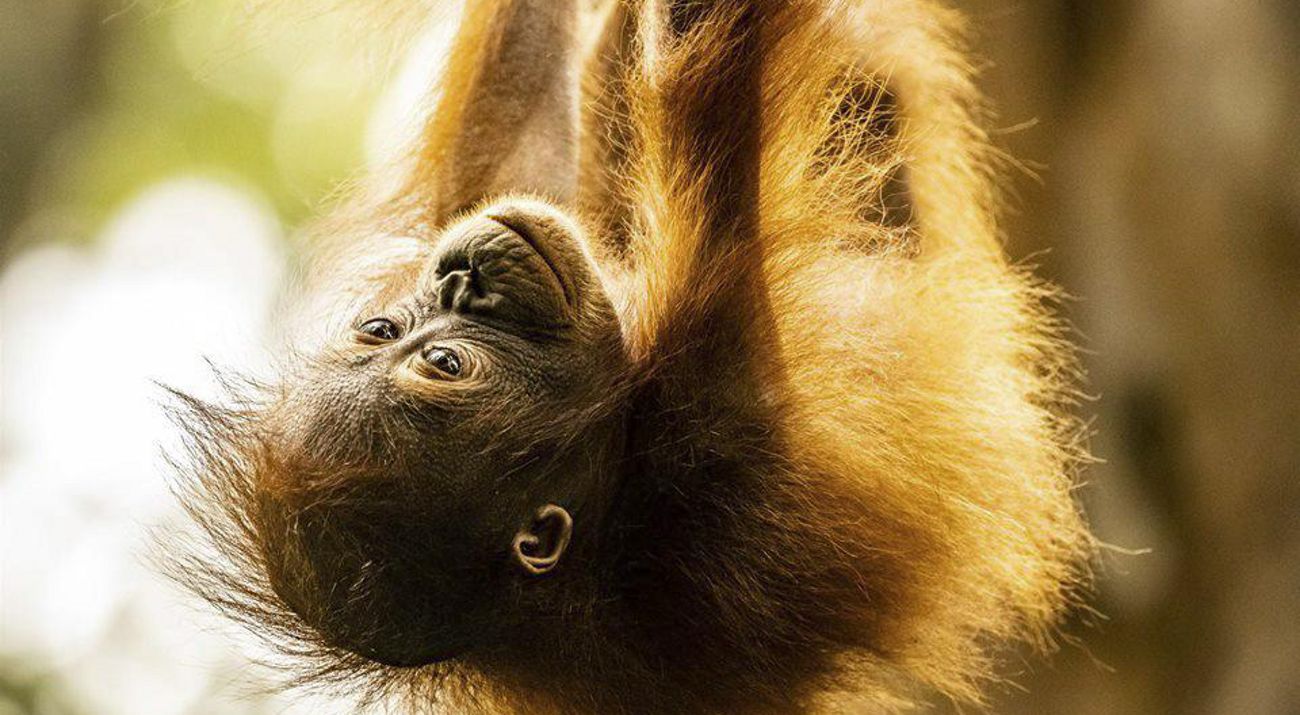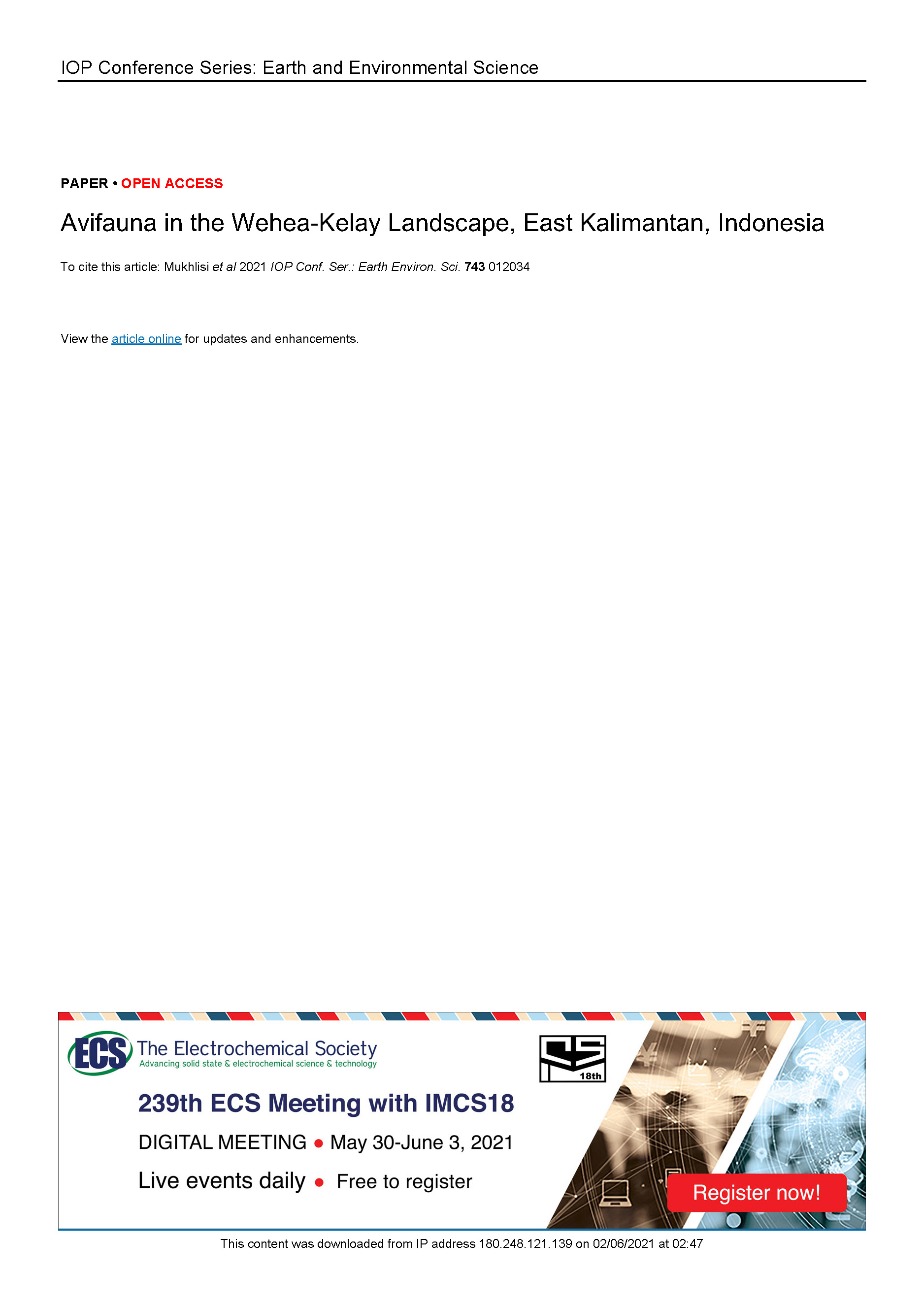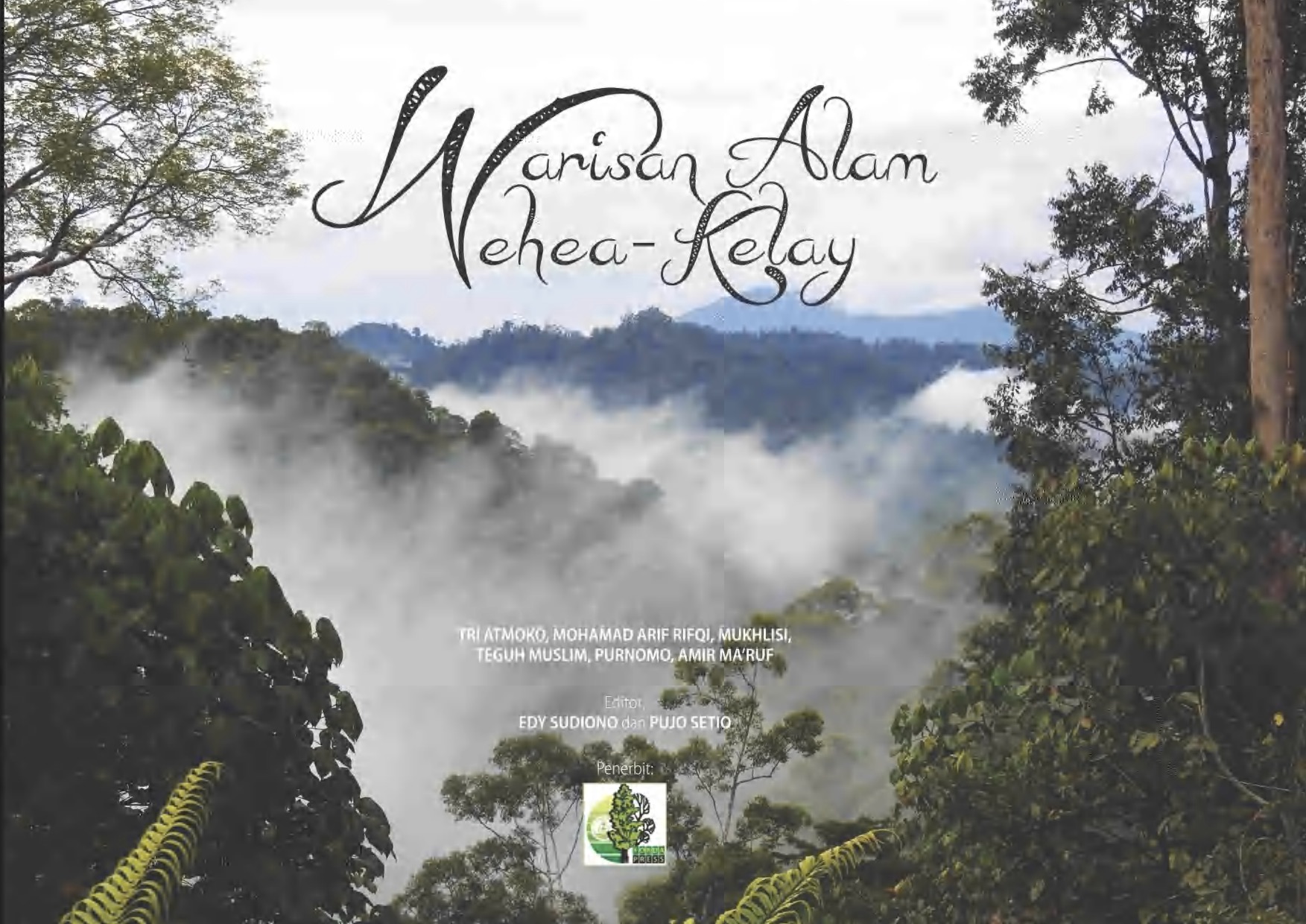Endangered Species Habitat Conservation

This sub-strategy attempts to resolve the conservation challenge that 80% of endangered species habitats are located outside of the conservation areas. Therefore, it is necessary to have collaborative landscape management that implements best management practice for protection of endangered species habitat in a multiple use landscape. Such an area can be situated in multifunctional landscape, including natural production forest concession areas, as well as HCVAs in non-forest (“APL”) within estate crop plantations.
YKAN encourages multistakeholder collaboration that includes the government sector, private sector, academia, locals, and non-profit organization or community group in promoting best management practices to save endangered species habitat. This collaboration has materialized on the Wehea-Kelay landscape, which covers more than 532,000 hectares (1.3 million acres) of multifunctional landscape.
At present, 23 parties consist of land-managing companies (including 5 natural production forest concessions, 1 plantation forest concessions, and 2 estate crop plantations), Wehea Protected Forest Management Agency, and other national and subnational levels parties from Wehea indigenous communities, government agencies, academia, and non-profit organizations or community groups have joined in Essential Ecosystem Area Wehea-Kelay Forum.
Publication
-
Book/Journal
Synergy the management of production forest and protection forest areas with sustainable principles and pay attention to essential aspects based on ecosystem values. Therefore, early knowledge about the existence of ecosystems that have important values outside the conservation area is important.
Download -

Book/Journal
Wehea-Kelay is a tropical rainforest landscape in East Kalimantan with a total area of 532,143 ha. It has high conservation value as it is home to at least 600 endangered Bornean orangutans and other wildlife.
Download -
Book/Journal
Starting from 38 thousand hectares of timber production forest whose concession was terminated and then managed by the Dayak Wehea Indigenous people as an adat protected area. Since 2013, 29,000 hectares of the area under the administration of East Kutai has officially been assigned the status of a
Download -
Fact Sheet
Borneo is home to some of the world's most iconic wildlife species. However, the majority of wildlife habitats are outside the conservation area network. Therefore, it is a priority for YKAN to assist the government and other parties in protecting the habitat of endangered species.
Download -
Book/Journal
The Provincial Government of East Kalimantan, as a province that has very little lowland forest left due to the rate of exploitation for economic development, is of the opinion that collaborative landscape-scale KEE management is significant for implementation.
Download -
Book/Journal
The Kelay River watershed, where the Wehea- Kelay Landscape is located, supports 2,500 orangutans, spread out in various types of habitat, such as highland forest, hills and lowland forest, sometimes also accessing palm oil plantations.
Download -
Book/Journal
The Wehea-Lesan metapopulation is one of the medium-sized metapopulations with a population of up to 650 individuals, according to the orangutan PHVA results in 2016. Survival of the metapopulation is included in the vulnerable category depending on the level of habitat loss.
Download -
Book/Journal
The Indonesian government has tried to protect biodiversity by establishing as many as 554 conservation area units covering an area of 271 thousand km2. However, these conservation areas need to be seen as insufficient to protect biodiversity in Indonesia.
Download -
Book/Journal
Specifically in East Kalimantan Province, the estimated population of the Bornean orangutan subspecies Pongo pygmaeus morio is 4,825 individuals (Soehartono et al., 2009). Of the total population, it is estimated that only 22.5% of their habitat is in conservation areas.
Download -
Fact Sheet
The Wehea people are the first and oldest indigenous tribe to inhabit the Wahau Watershed of East Kutai District, East Kalimantan Province. They once controlled large expanses of the forest.
Download -
Book/Journal
The purpose of establishing the KEE Wehea-Kelay forum is to manage the habitat of the Bornean orangutan at a landscape scale by involving various parties. The management in question is mainstreaming best management practices to protect orangutan habitat.
Download -

Wehea-Kelay Natural Heritage
Book/Journal
The Wehea-Kelay Landscape covers an area of 532,143 ha, where the typological status is dominated by forest (87%). At the same time, the rest is non-forest (13%). The landscape of KEE Wehea-Kelay is full of the heritage of flora, fauna, and social and cultural values of the people that are still wel
Download

